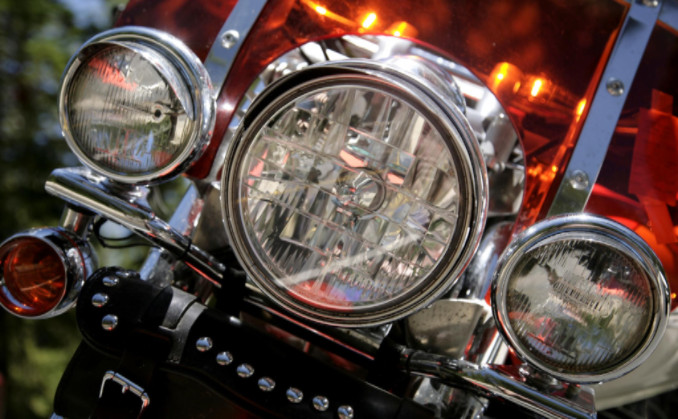After a motorcycle accident, emotions and tensions can run high, but knowing how to respond in the aftermath can help down the road.
As recently as 2015, there were 88,000 motorcyclists injured in accidents in the U.S. If you are involved in a motorcycle accident in Florida, there are a few things you should do in the moments following the accident.
Although you may be somewhat shook up from the wreck, those precious second and minutes after the accident can make a huge difference. You may need to prove that you were not at fault for the accident.
Here are a few steps that you should take immediately following the wreck:
Step #1: Determine Your Health Condition
Are you able to stand? If so, you will want to move to a safe place and check for broken bones or gashes. Motorcyclists do not have the protection of automobiles, and contact with the road can cause nasty injuries – including road rash. Call 911 and get checked out by paramedics, even if there are no visible sign of injury. Many times, people involved in accidents think they are fine, but in truth they are suffering from internal injuries. Contact the police as well because they will need to investigate the accident.
Step #2: Get a Record of the Motorcycle Crash
Cell phones come in handy for taking pictures of your motorcycle, other vehicles involved and the scene of the accident. If possible, get as many pictures from different angles as you can without putting yourself in harm’s way. The pictures can be a valuable resource for proving what actually occurred as well as the full extent of damage to your motorcycle. If you are too hurt and unable to get pictures yourself, ask a witness to do so and exchange contact information.
Jot down anything about the accident that is significant. It may be of use later, and it is best to get it down while it is still fresh in your mind. In the days following an accident, people tend to forget some of the details like the weather/road conditions, anything that happened leading up to the accident, the accident itself, etc. These are things that may be relevant when it comes to deciding who was at fault.
Remember, once the accident scene is cleared, it will look totally different and you may have trouble remembering the exact details.
Step #3: Get Contact Information from Witnesses of the Motorcycle Accident
If there were witnesses to the accident, make sure to get their names and contact information. Their recollection of what they saw may prove helpful in the future. Witnesses are another valuable resource if you need to seek compensation for injuries and/or damages to your property.
Step #4: The Other Driver’s Information
When you are involved in a motorcycle accident, make certain to write down the other driver’s name, address, telephone number and insurance company. The car’s make, model, VIN number and the driver’s license number should be taken down. This information is necessary to protect your rights, particularly if the other driver was at fault for the accident.
You should also record the investigating police officer’s name, badge number and the police report number. The police report will include a summary of the accident and the opinion of the officer as to who he believes is at fault. You will need a copy of the report if you seek compensation for injuries and/or damages.
Step #5: Motorcycle Accident Witness Statements
When the police arrive, they will question you about the accident. Tell them exactly what happened, but do not admit fault. Do not apologize or say anything that would make it seem like you are taking blame for the accident. You will also need to call your insurance company. Do not discuss your injuries or damages with them, and never say that the accident was your fault.
It will suffice to tell them you were in an accident. If they do question you, tell them you will wait for information from your doctor and from a mechanic before you have anything to say. You could jeopardize any rights to compensation for damages or medical care or reduce any amount you may be entitled to if you say the wrong thing.
Step #6: Contact a Motorcycle Accident Injury Attorney
Contact a local personal injury attorney who specializes in motorcycle accident cases and provide all the details of your accident to them. It does not matter if others blame you for the accident. A knowledgeable personal injury attorney can advise you on the best course of action. They can also represent you to help you recover the compensation and/or damages that you may be entitled to for your accident.
If you’ve been injured in a motorcycle accident, Tampa attorneys at Lorenzo & Lorenzo understand the ins and outs of motorcycle accident law. Contact us today for a free consultation of your case and see how we can help.







